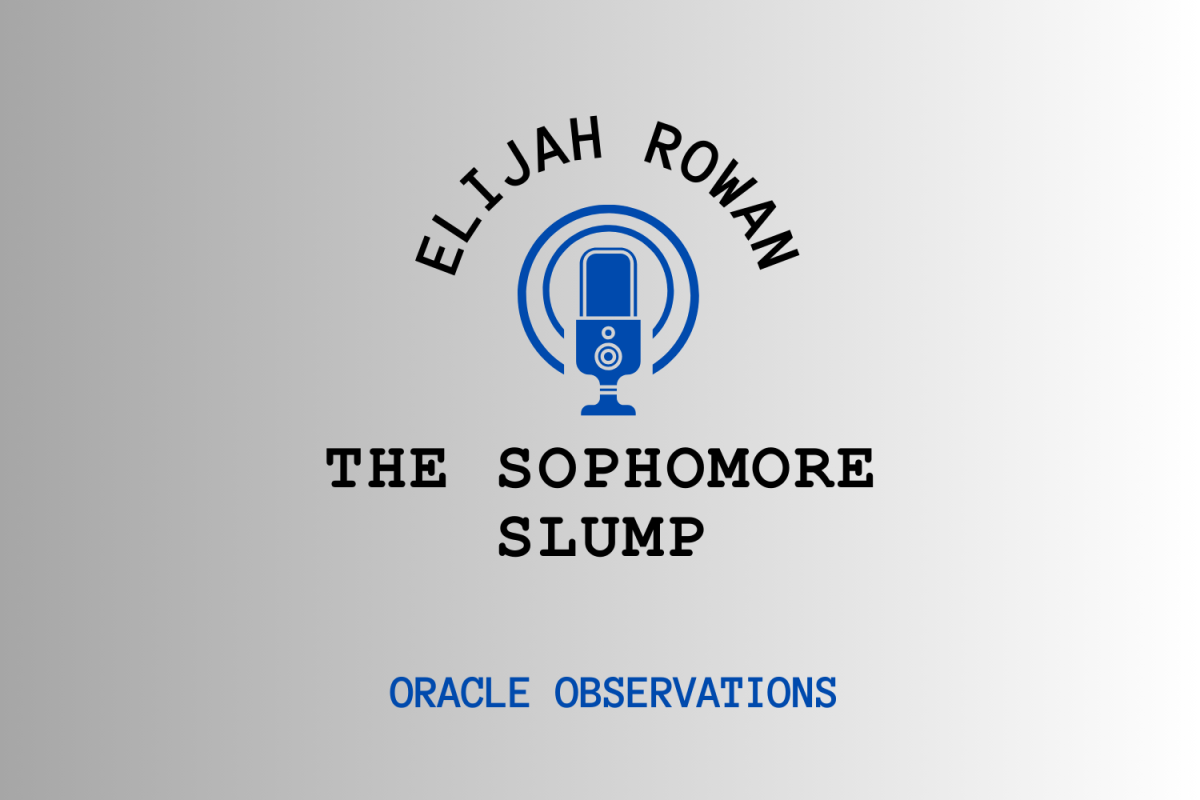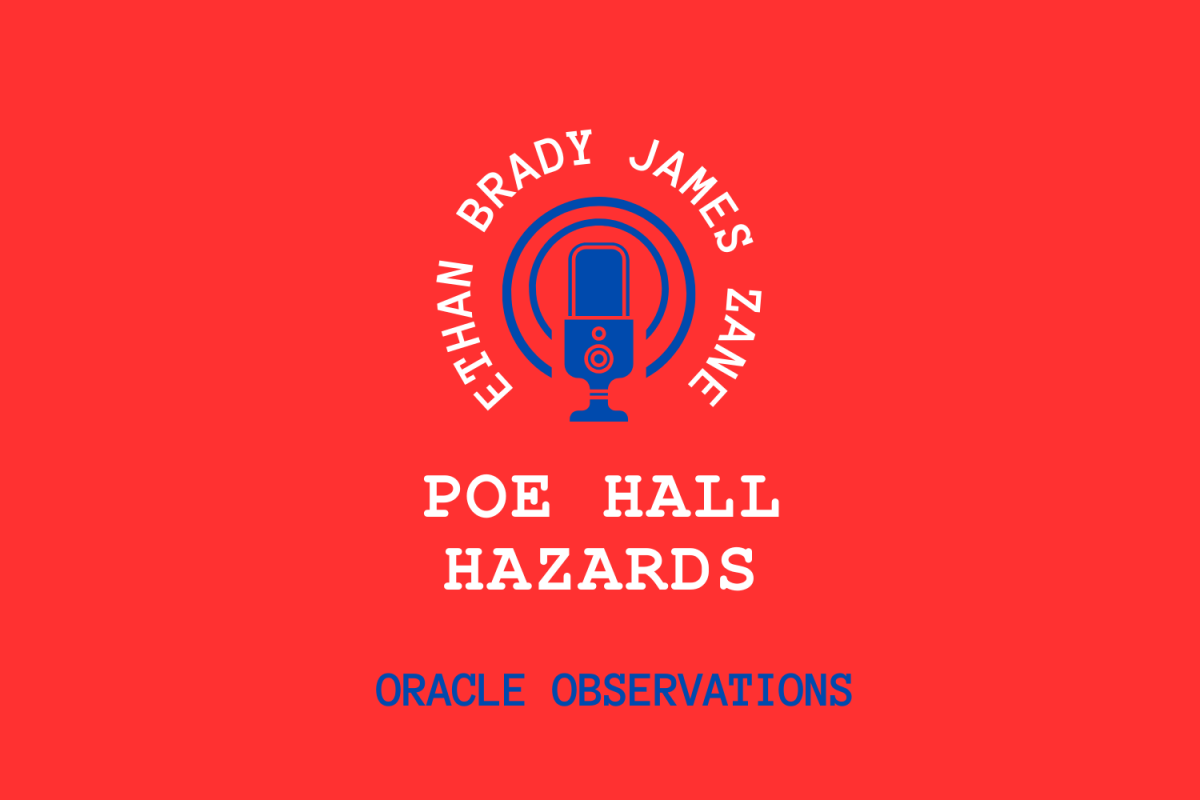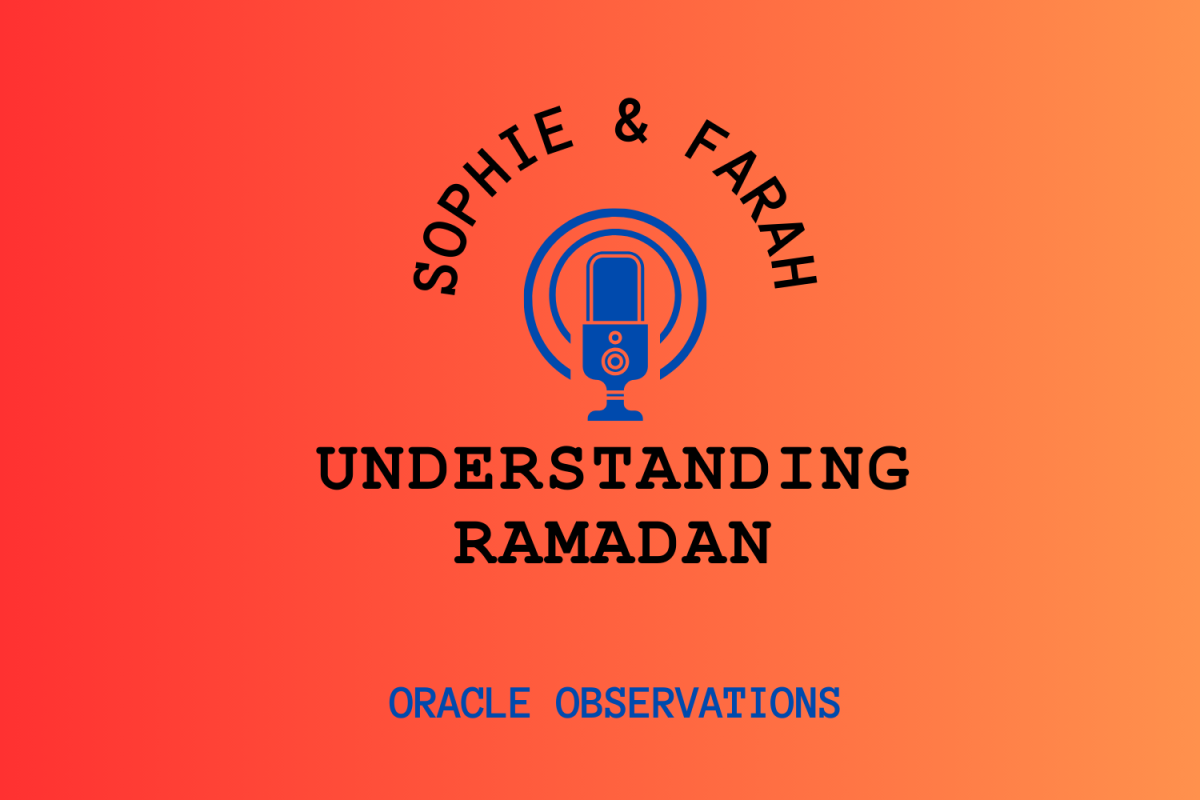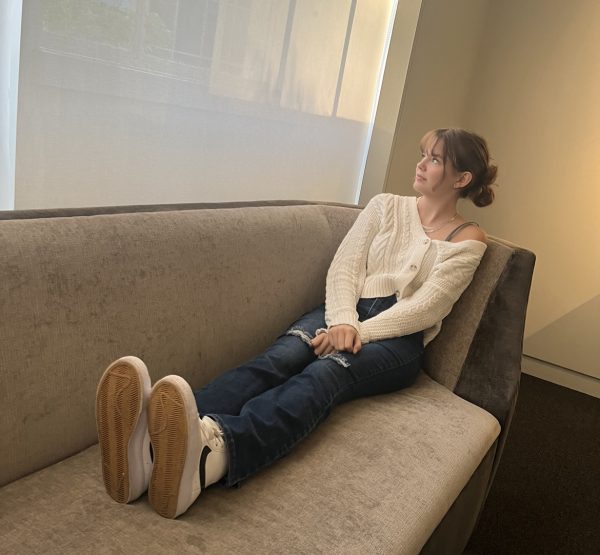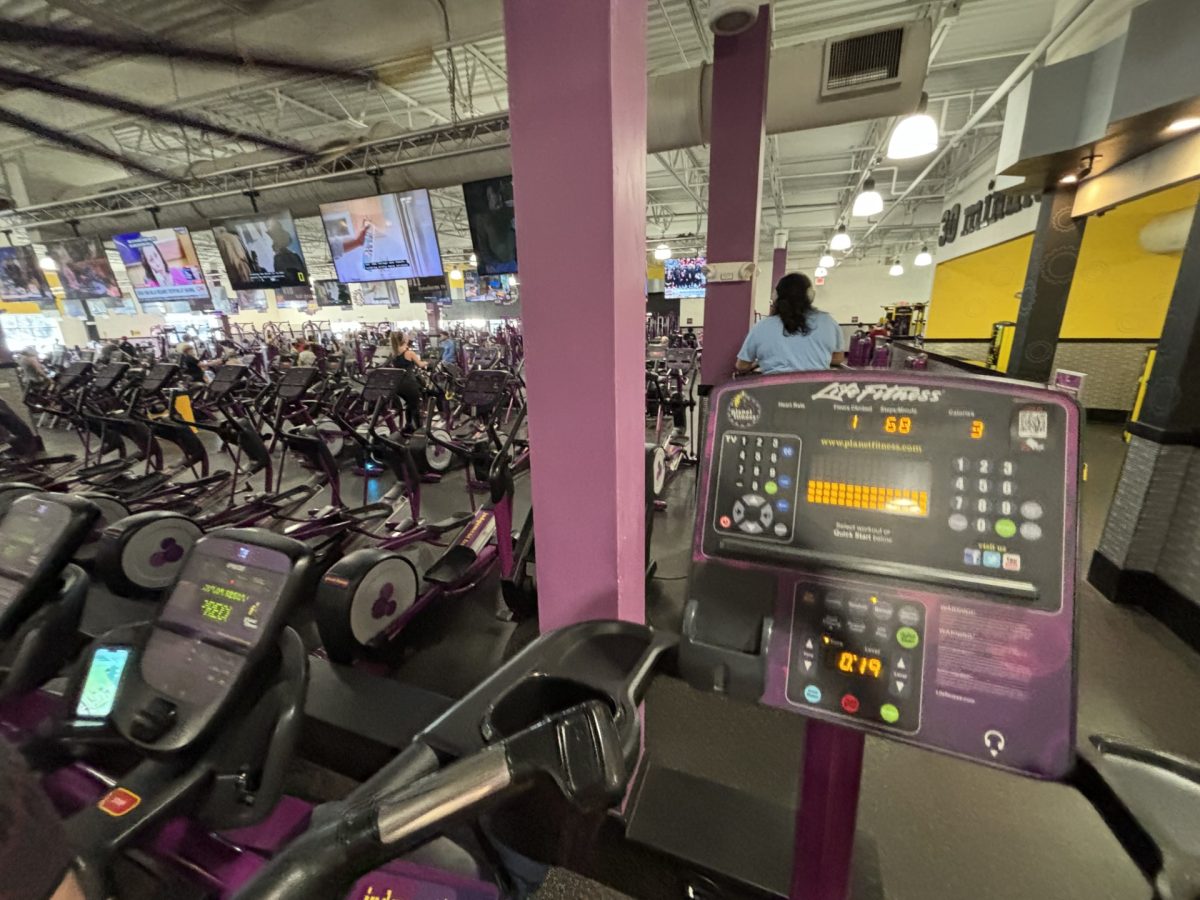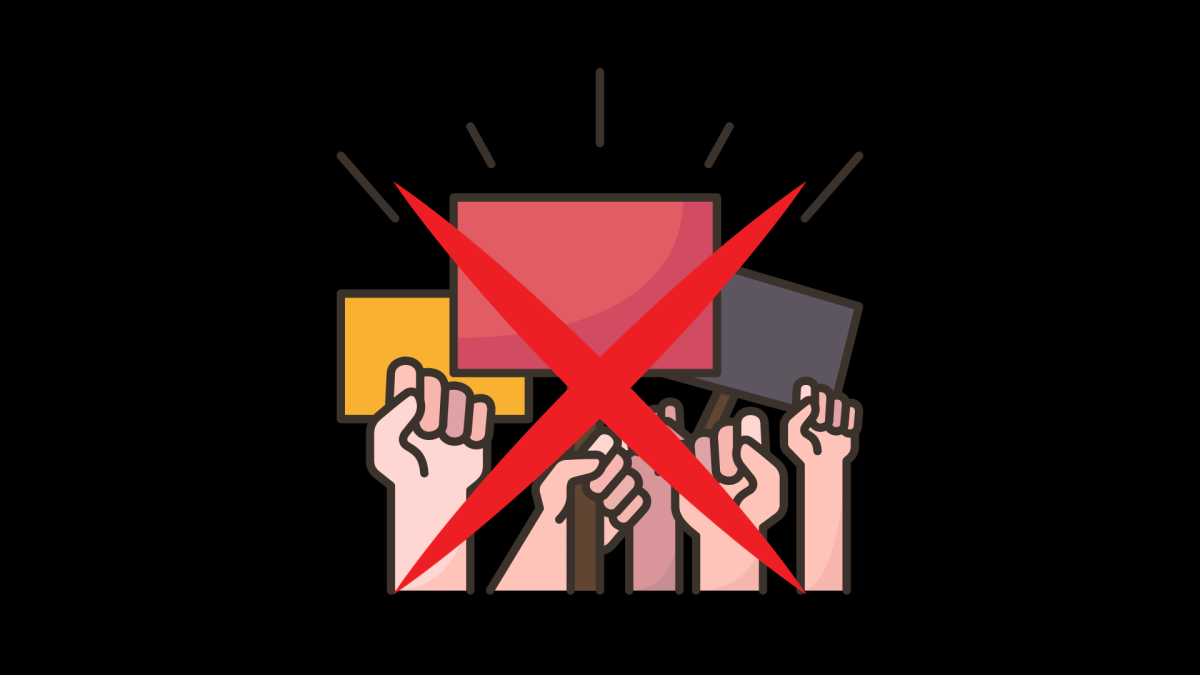Attention Deficit Hyperactivity Disorder (ADHD) is an incurable mental health disorder that involves an inability to focus and increased excitability. The disease commonly persists throughout a patient’s entire life and treatment includes prescription medication combined with therapy. ADHD medications have many side effects detrimental to an individual’s health and there are safer alternatives that should be further explored.
Every year more than 3 million people are diagnosed with ADHD in the United States. Prepubescent and adolescent males are most commonly diagnosed. The diagnosis does not require any lab tests or imaging. Because of this, doctors rely on the description of symptoms provided by the patient or their guardian in order to make a proper diagnosis.
Due to the subjectivity of doctors combined with the long list of symptoms associated with ADHD, the disorder has been criticized for being heavily overdiagnosed. Symptoms for ADHD include excitability, fidgeting, impulsivity, lack of restraint, irritability, hyperactivity, absent-mindedness, difficulty focusing, forgetfulness, anger, anxiety, boredom, depression, mood swings and so on.
Ages six to eighteen make up a large portion of new ADHD cases. Factors associated with these transitional years in an individual’s life blur the lines on whether a patient is actually suffering from a mental disorder or if they are going through biological and emotional changes. Many children and teens who are simply suffering from life itself are prescribed medications that could possibly cause more issues than they solve.
ADHD is commonly treated with the use of stimulants. Non-stimulant medications are available, however, they are less commonly prescribed. Stimulants and non-stimulants present side effects such as nausea, headaches, dizziness, dry mouth, moodiness, trouble sleeping and loss of appetite. Medications may cause underlying tics from childhood to resurface. Potential side effects such as these should raise questions on whether or not the risks associated with treating ADHD is worth the benefit.
Stimulant medications can be separated into two categories; methylphenidate-based medications such as Ritalin, Methylin, Concerta and Daytrana Patches, and dextroamphetamine-based medications such as Adderall, Vyvanse and Dexedrine. They work by increasing the levels of certain chemicals in the brain. It is difficult to judge the exact dose from person to person due to biological differences.
If the prescribed dose is too high, these chemicals reach levels that cause the brain to stress. This can result in negative side-effects including problems such as sleeping, eating issues, delayed growth and cardiac risks. The combination of multiple negative side effects can lead to depression and can actually worsen the symptoms of ADHD.
The actual labeling of a patient with a mental disorder can have negative health effects also. Telling an individual that they have a disorder that interferes with their life creates a stigma in their own mind and in the minds of their peers, which can lead to depression, in turn worsening the symptoms of ADHD.
Therefore, alternative treatment methods must be explored. Psychedelic substances such as lysergic acid diethylamide (LSD), also known as acid, have been shown to treat symptoms of ADHD when consumed in microdoses. A microdose is calculated as half of the absolute threshold for psychoactivity. This means the amount of LSD consumed at a microdose does not cause any of the effects associated with recreational use.
Other psychedelics of the tryptamine group, such as psilocybin, also known as magic mushrooms, have been shown to treat symptoms of ADHD when consumed in microdoses. Also, sufferers of depression and anxiety have shown positive results when treated with psychedelic substances. Due to the limited ability to research these illegal substances, however, it is difficult to determine if they are viable substitutes to current medications.
Currently, LSD and psilocybin are labeled as Schedule I substances according to the Drug Enforcement Agency (DEA). Criteria for Schedule I substances include the substance having no accepted medical use in the United States and a lack of accepted safety for use under medical supervision. The laws surrounding these substances must be reconsidered in order to further explore the medical benefits they provide.
Researchers have been unable to conduct experiments within the confines of a laboratory and have been forced to rely on the testimony of assigned subjects. Subjects are given instructions on how to properly microdose the substances and log the effects they observe in journals. Subjects report an increased ability to focus, increased productivity and energy boosts.
Psychedelics researcher Dr. James Fadiman reports, “People do it and they’re eating better, sleeping better, they’re often returning to exercise or yoga or meditation,” in reference to microdosing psychedelics.
These benefits show that psilocybin and LSD need to be considered for legalization for medical research. If medical research shows that these are alternative treatments, patients will receive relief from the possibility negative side effects of today’s ADHD medications.

